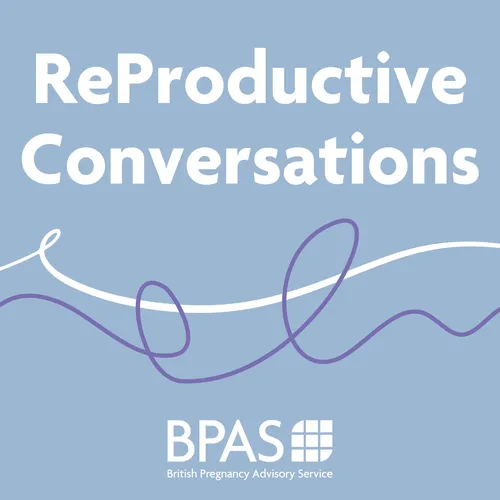Who Should be a Mother?
- Author
- BPAS Podcast
- Published
- Thu 18 Aug 2022
- Episode Link
- https://shows.acast.com/reproductive-conversations/episodes/who-should-be-a-mother
With the cost-of-living crisis and the threat of climate change, we need local and global solutions. Across political and developmental discourse one solution keeps resurfacing – that women should have fewer children. As politicians and global developmental organisations isolate reproduction as a problem, policy solutions based on changing family sizes and formations become seen as the solution. In this episode we talk to Dr. Ruth Patrick from the Larger Families study to explore how larger families are framed as causing childhood poverty, resulting in welfare policies such as the benefit cap and the two child limit. We also speak with Dr. Rishita Nandagiri about how contraception is being promoted as a tool to address global warming. These seemingly unrelated crises of child poverty and global warming are linked by an underlying belief that encouraging women to make the “right” reproductive choices is crucial for the future of society and indeed the world. What are the wider implications for women’s health and wellbeing, and what are the tensions between these policies and women’s right to reproductive autonomy?
Dr. Ruth Patrick: @ruthpatrick0
Larger Families Study: Benefit changes and larger families
University of York: Dr Ruth Patrick - School for Business and Society, University of York
Dr. Rishita Nandagiri: @rishie_
Abortion Book Club: abortion & other stories; (otherabortionstories.space)
Dr. Rishita Nandagiri Website: Dr Rishita Nandagiri (rnandagiri.com)
ReProductive Conversations is produced for BPAS by Digital Drama
Hosted on Acast. See acast.com/privacy for more information.
